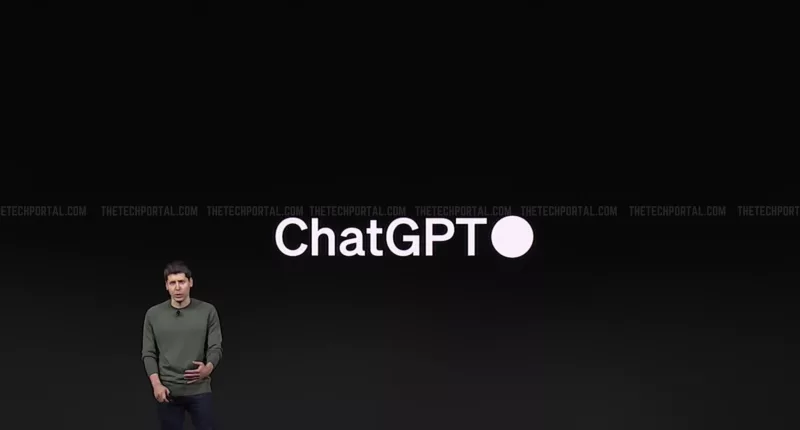OpenAI has reportedly changed the way it charges businesses for ChatGPT Enterprise. Instead of a fixed monthly or yearly subscription, companies will now buy credits to use advanced features and tools, reports the Wall Street Journal. The new credit system will work like a pay-as-you-go model.
In simple terms, under this new model, enterprise customers no longer pay a flat fee. Instead, they purchase usage credits that can be applied toward accessing premium capabilities. This approach allows businesses to scale their spending based on actual demand. Notably, the exact pricing for ChatGPT Enterprise is not publicly disclosed.
The ChatGPT maker believes this newly introduced model will increase accessibility for a wider range of clients (from startups to large corporations). Clearly, this change is part of OpenAI’s plan to make money in a more flexible way and attract more business customers. According to recent reports, the AI firm is currently offering significant discounts on the enterprise version of ChatGPT. Companies that sign long-term contracts or bundle other OpenAI services (like API access or coding tools) can receive discounts ranging from 10% to 20%.
The move is significant, as several estimates project OpenAI’s business division to generate around $15 billion in revenue, with ChatGPT serving as the company’s core product. Even the AI firm recently announced that it has reached an annual recurring revenue (ARR) of $10 billion (nearly double the $5.5 billion reported in December 2024). Also, the company is reportedly targeting a revenue of $125 billion by 2029. This comes just months after the AI trendsetter raised $40 billion in its latest funding round, bringing its valuation to $300 billion.
This pricing structure update also coincides with the release of new enterprise features, including ‘Connectors’ (which allow ChatGPT to access proprietary data from internal business systems) and ‘Record Mode,’ a tool available to Pro, Enterprise, and Education users that automatically records, transcribes, and summarizes meetings.
This development comes at a time when OpenAI faces growing competition in the enterprise AI space from companies like Anthropic, Google, and others. However, despite the competition, the AI firm also appears to be in a tense battle with Microsoft (its largest investor and cloud partner). Even Microsoft is reportedly unhappy with OpenAI’s recent move to offer significant discounts on services intended for enterprise users.
At the same time, recent reports suggest that the ChatGPT maker is considering legal action against Microsoft (which has invested around $13 billion in the company to date) over concerns related to anti-competitive behaviour. OpenAI executives have reportedly discussed filing an antitrust complaint and possibly launching a public campaign. The Sam Altman-led company is also said to be in the process of renegotiating its revenue-sharing agreement with Microsoft, aiming to reduce the software giant’s share from 20% to around 10% by the end of the decade (2030).
The Tech Portal is published by Blue Box Media Private Limited. Our investors have no influence over our reporting. Read our full Ownership and Funding Disclosure →






